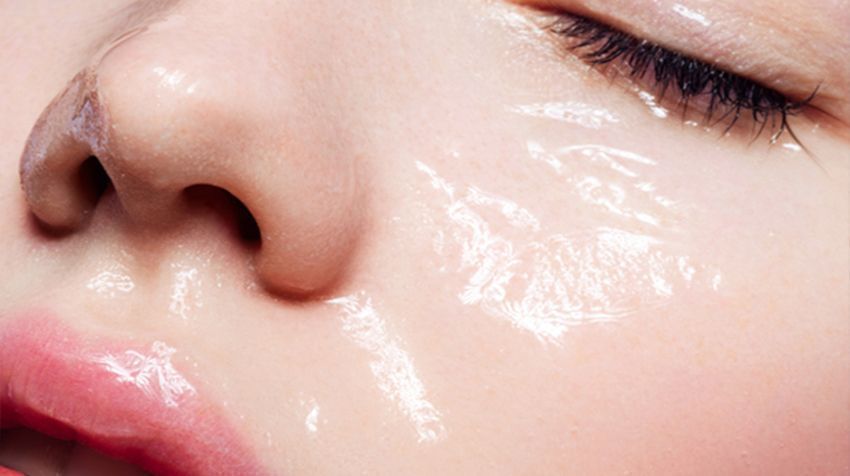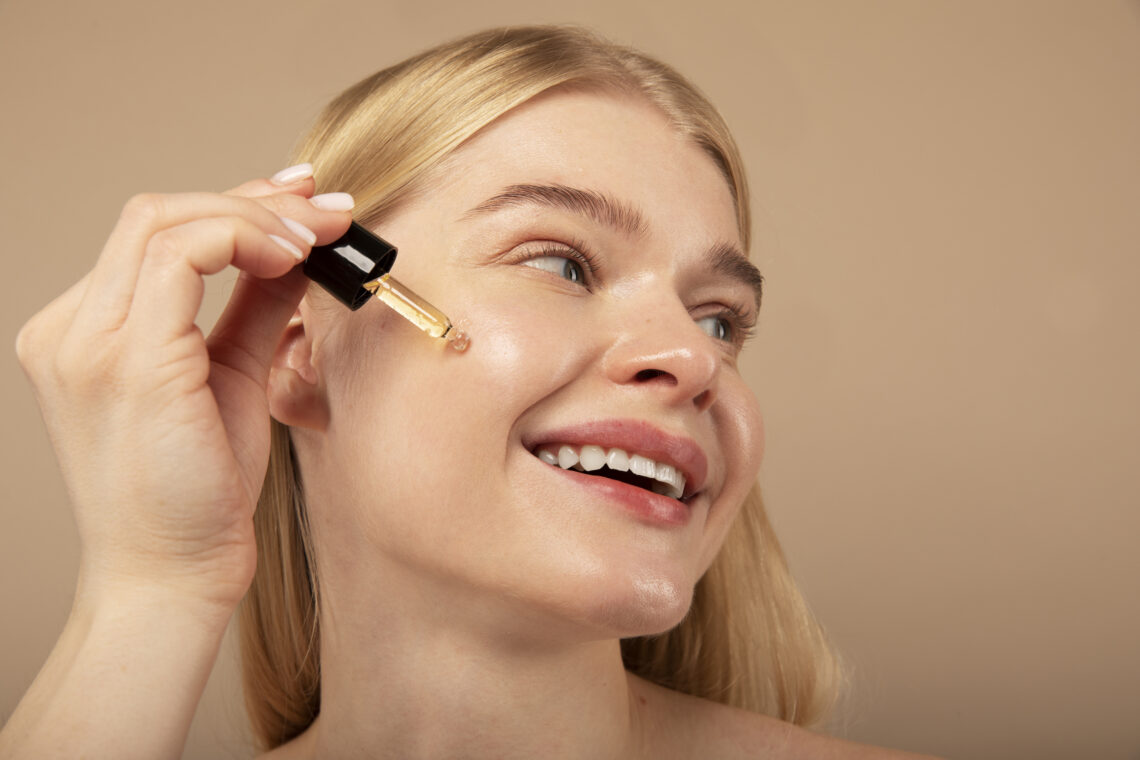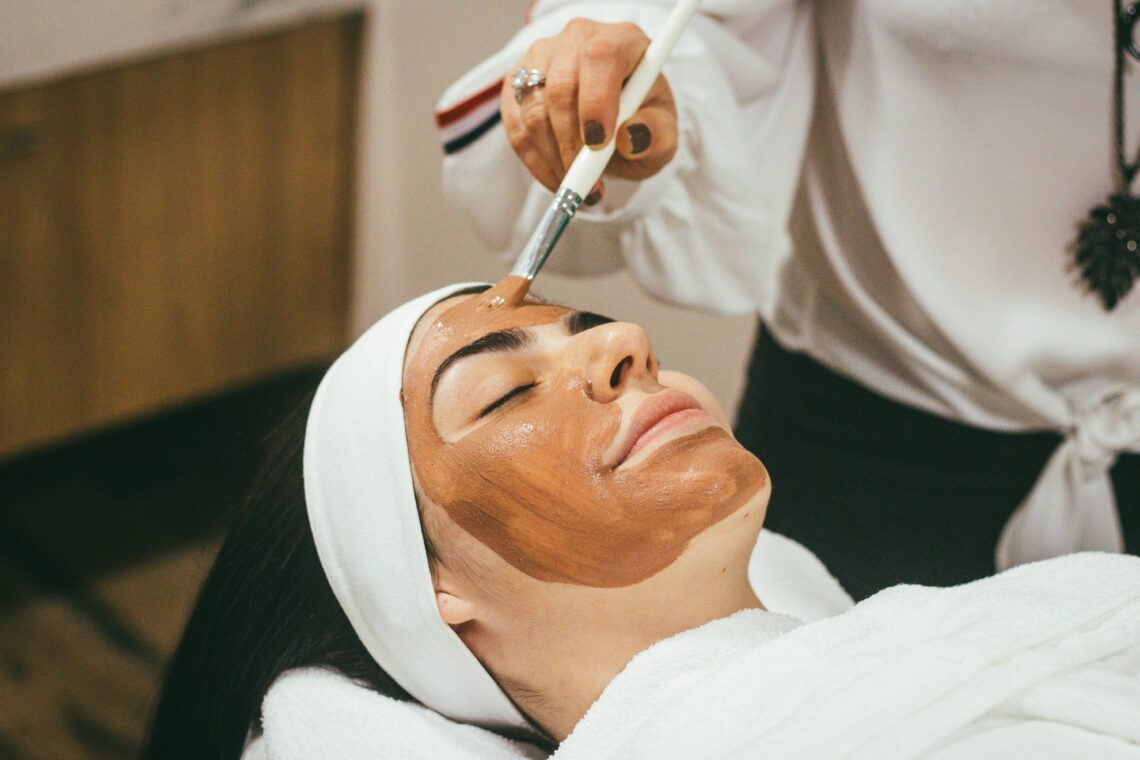Struggling with oily skin can be frustrating, but fear not!
Struggling with oily skin can be frustrating, but fear not!
We have carefully researched Dermatologists recommended skincare procedures and products to help you manage and treat oily skin. In this article, we’ll explore essential skincare ingredients, as well as real-life, medical-grade skincare products designed specifically for oily skin types.
Understanding Oily Skin
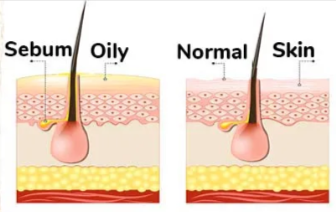
Oily skin is the result of overactive sebaceous glands that produce an excessive amount of sebum, a natural oil that helps hydrate and protect the skin. While sebum is essential for maintaining skin health, too much of it can lead to clogged pores, breakouts, and a shiny complexion.
Several factors can contribute to oily skin, including genetics, hormonal imbalances, and environmental factors like humidity. The good news is that with the right skincare routine and products, you can effectively manage oily skin and achieve a balanced, healthy complexion.
Essential Skincare Ingredients for Oily Skin
When it comes to treating oily skin, it’s crucial to incorporate specific ingredients that help regulate sebum production and keep your skin clean and healthy. Here are some key ingredients to look for in skincare products:
- Salicylic Acid: A beta-hydroxy acid (BHA) that penetrates deep into the pores to remove excess oil, dirt, and debris. Salicylic acid also exfoliates the skin’s surface, making it an excellent ingredient for preventing and treating acne.
- Niacinamide: A form of vitamin B3, niacinamide helps regulate sebum production, reduce inflammation, and improve the skin’s barrier function. This ingredient is also known for its brightening effects, making it a popular choice for addressing uneven skin tone and hyperpigmentation.
- Hyaluronic Acid: Although oily skin is already producing an excess of oil, it may still lack hydration. Hyaluronic acid is a humectant that attracts water to the skin, providing lightweight hydration without clogging pores or causing greasiness.
- Retinol: A derivative of vitamin A, retinol can help reduce oil production while promoting cellular turnover. This ingredient is particularly useful for treating acne-prone, oily skin as it unclogs pores and reduces the appearance of acne scars.
- Clay: Natural clays, such as kaolin and bentonite, are excellent for absorbing excess oil and impurities from the skin. They can be found in various skincare products, including masks and cleansers, to help minimize shine and keep the skin looking fresh.
Dermatologist-Recommended Skincare Products for Oily Skin
Here are some medical-grade skincare products that dermatologists often recommend for oily skin:
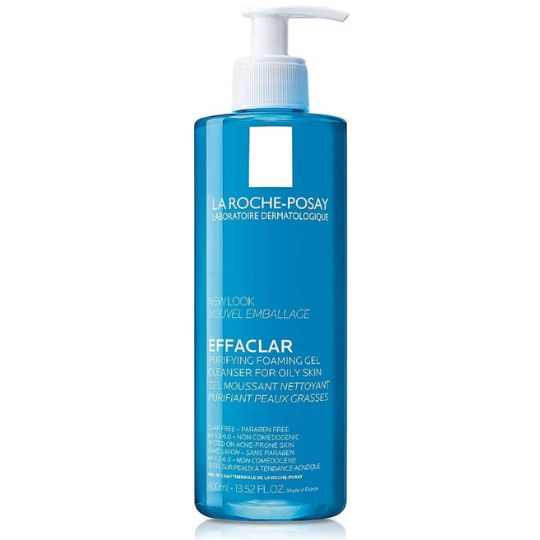
Contains zinc pidolate to help purify the skin and remove excess oil without causing irritation or dryness.
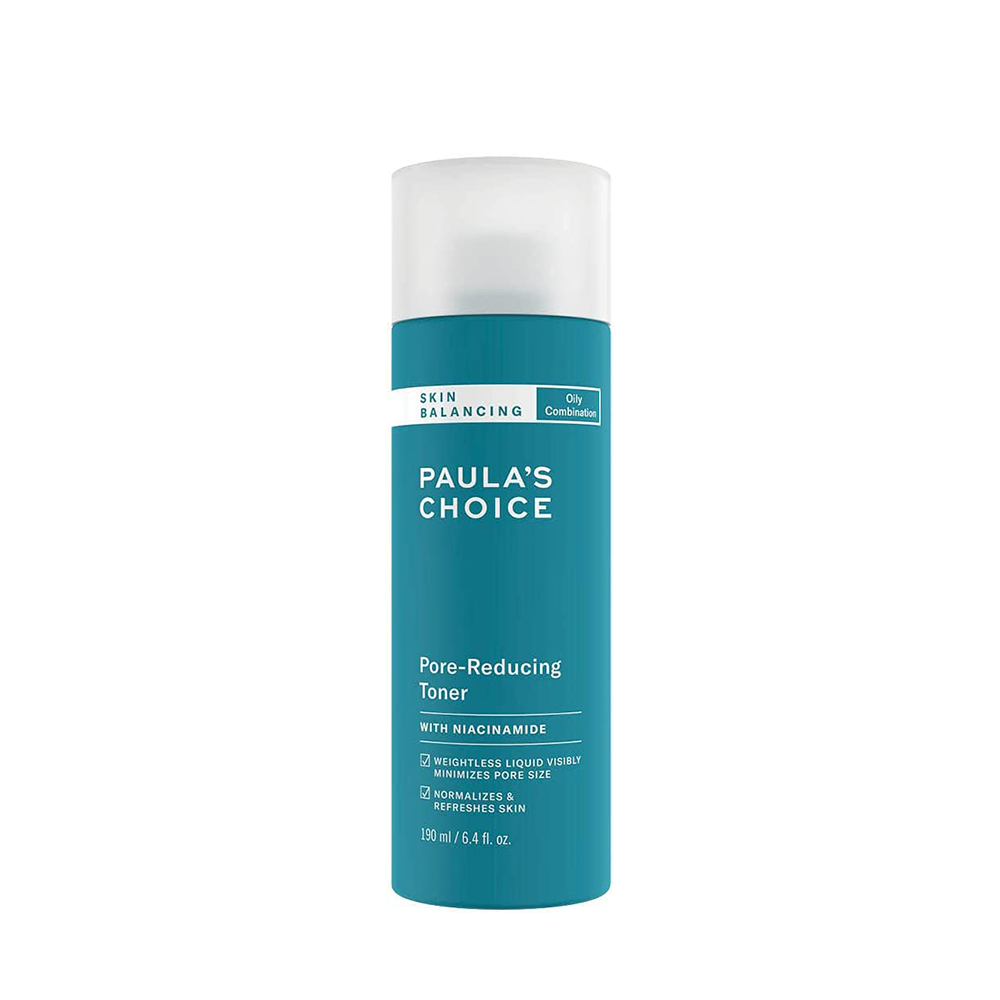
A lightweight, hydrating toner that contains niacinamide to help regulate oil production and visibly reduce the appearance of enlarged pores.
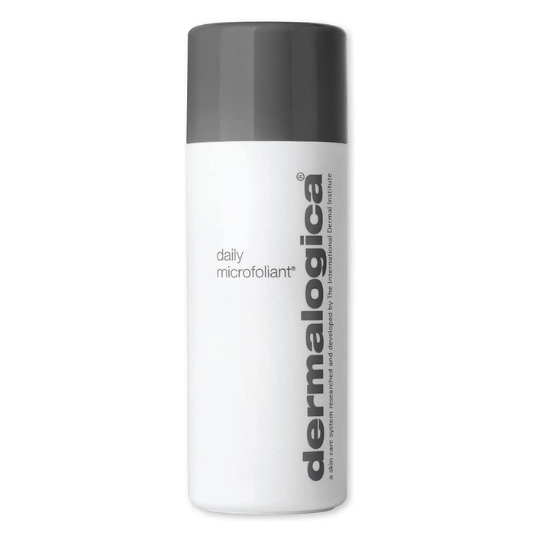
Contains rice enzymes, papain, and salicylic acid. It is designed to gently exfoliate the skin, remove dead skin cells, and leave the skin looking smoother and brighter.
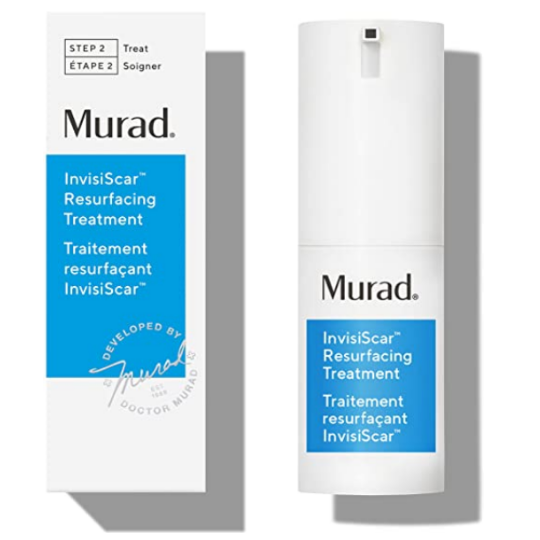
Contains a blend of salicylic acid, hydroxydecanoic acid, and sebacic acid, which work together to exfoliate the skin and help reduce the appearance of blemishes and scars. It also contains a variety of other ingredients, including niacinamide, which can help improve the overall health and appearance of the skin.
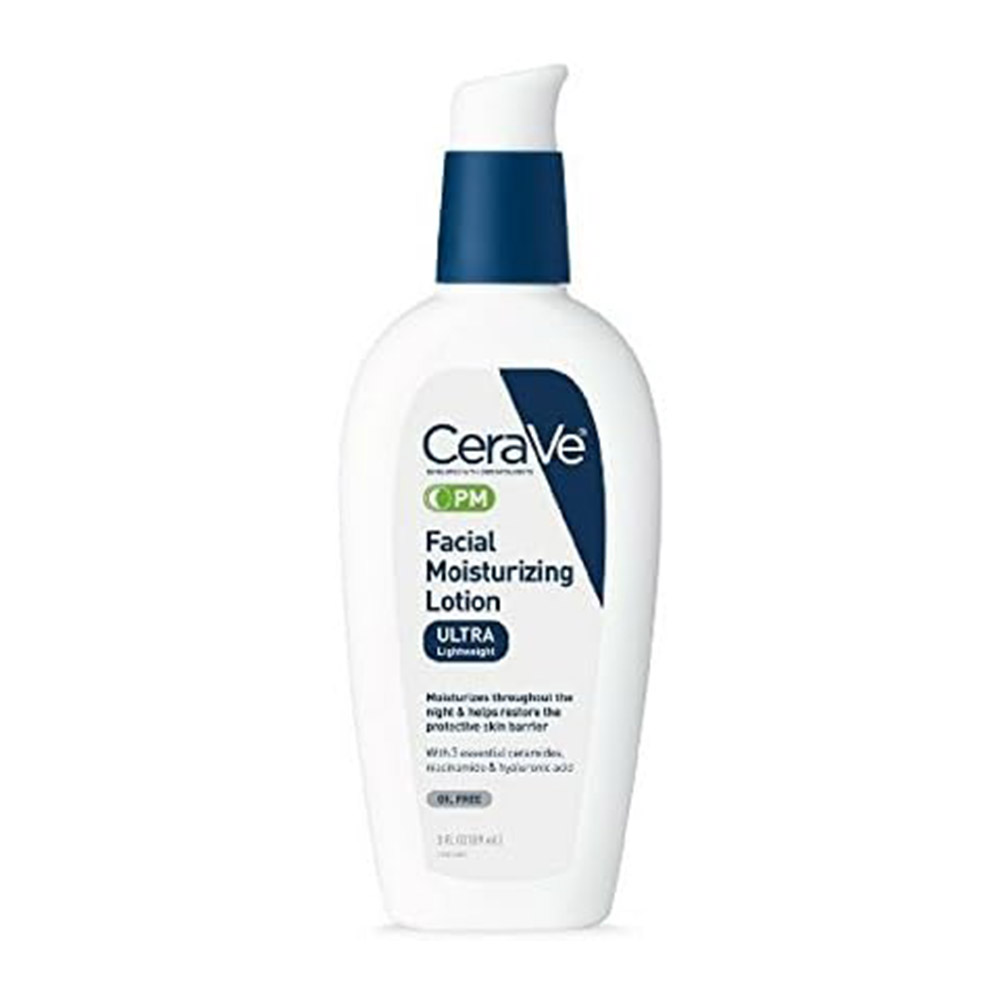
A non-comedogenic, oil-free moisturizer that contains hyaluronic acid and niacinamide to provide lightweight hydration and regulate oil production.
Skincare Procedures for Oily Skin
In addition to incorporating the right products and ingredients into your skincare routine, you may also want to consider professional skincare procedures. Dermatologists often recommend the following treatments for oily skin:
- Chemical Peels: These treatments use acids like glycolic, salicylic, or lactic acid to remove the outermost layers of the skin, unclog pores, and control oil production. They can also help improve the overall texture and appearance of the skin.
- Microdermabrasion: This exfoliating procedure uses tiny crystals to remove dead skin cells and unclog pores, helping to reduce oiliness and improve skin texture.
- Laser Treatments: Non-ablative lasers can help reduce oil production by targeting the sebaceous glands, while also improving the overall appearance of the skin.
Always consult with a dermatologist before undergoing any skincare procedures to ensure they are suitable for your specific skin type and concerns.
Maintaining a Balanced Skincare Routine
To effectively manage oily skin, it’s essential to maintain a consistent skincare routine that incorporates the appropriate products and ingredients. Here are some tips for establishing and maintaining a balanced skincare routine:
- Cleanse your skin twice daily: A gentle cleanser can help remove excess oil, dirt, and makeup without stripping the skin of its natural moisture barrier. Be sure to cleanse your face in the morning and at night to keep your skin fresh and clean.
- Exfoliate regularly: Exfoliating 2-3 times per week with a BHA product can help unclog pores, remove dead skin cells, and control oil production.
- Use oil-free and non-comedogenic products: These products are less likely to clog pores and contribute to breakouts.
- Apply sunscreen daily: Even oily skin needs sun protection. Choose a lightweight, non-greasy sunscreen (Altruist Dermatologist Sunscreen Fluid SPF) with at least SPF 30 to protect your skin from harmful UV rays.
- Be patient and consistent: It may take some time for your skin to adjust to a new skincare routine, and results may not be immediate. Consistency is key, so stick with your routine and give it time to work.
Treating oily skin is possible with the right combination of skincare ingredients, products, and professional procedures. By incorporating dermatologist-recommended products and maintaining a consistent skincare routine, you can effectively manage oily skin and achieve a healthy, balanced complexion.

